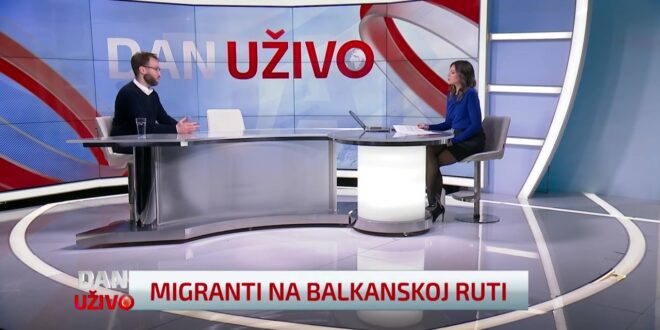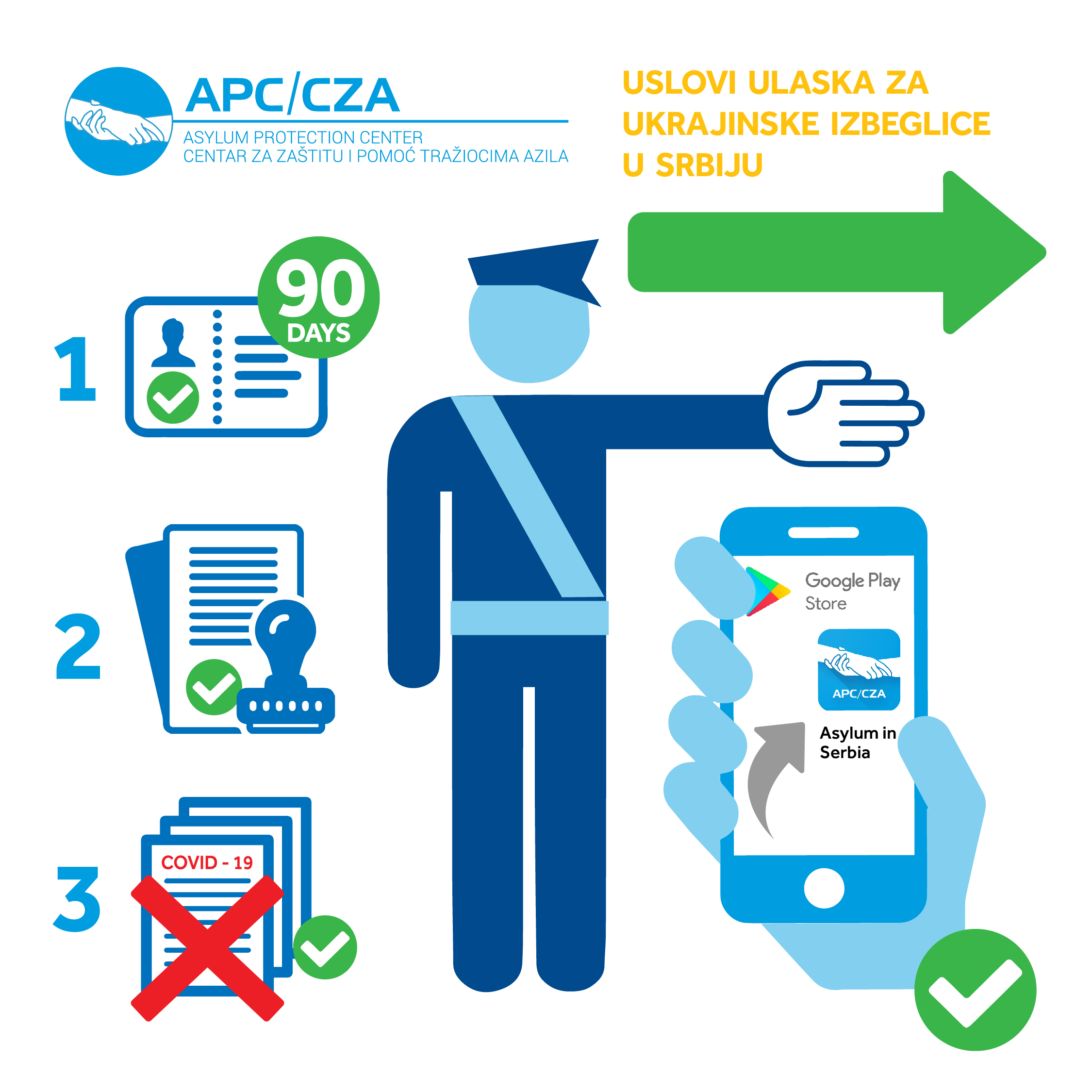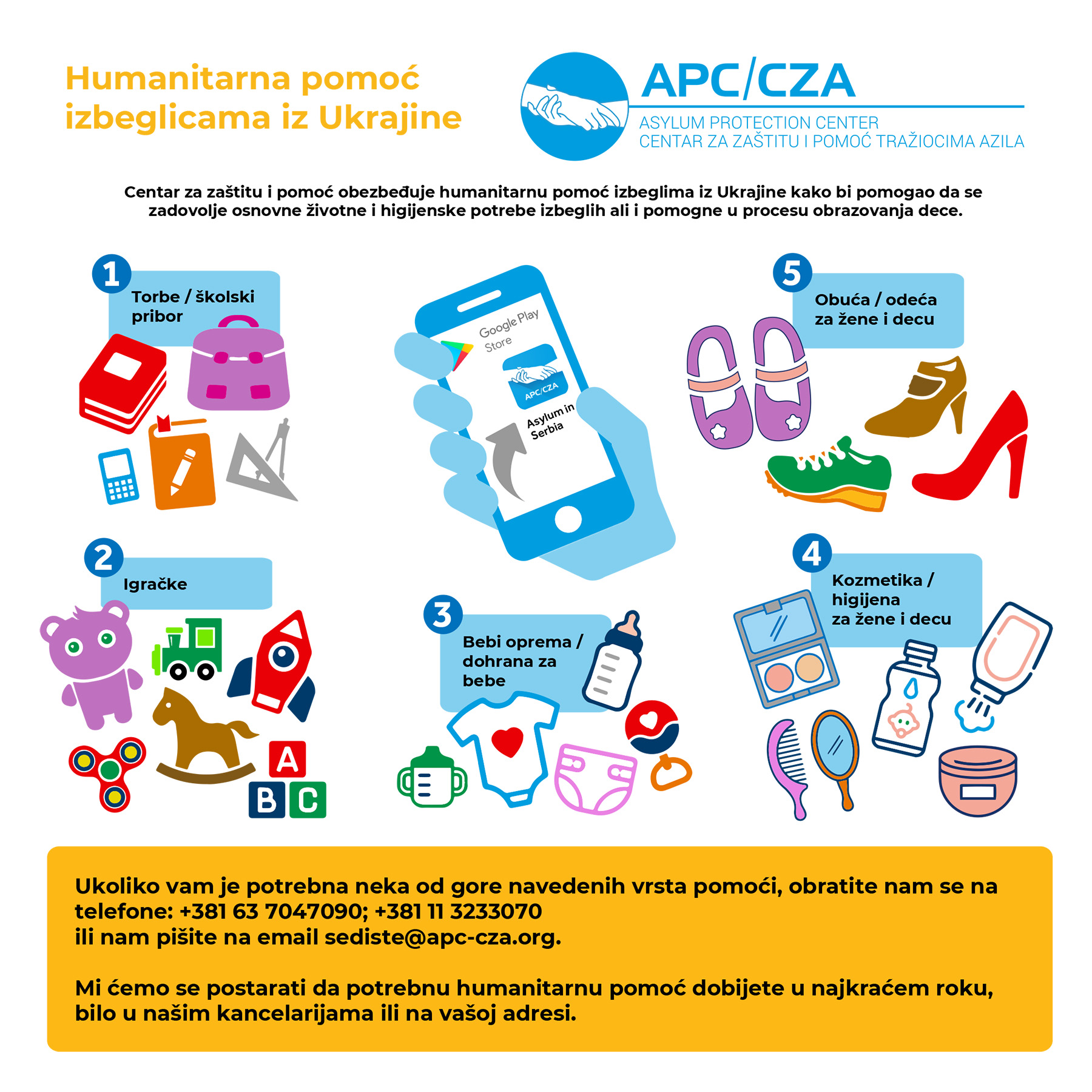Source: N1
Video: N1
Belgrade, November 9, 2023– Radoš Đurović from the Asylum Protection Center was a guest on the show Day live, where he talked about the current situation with migrants in Serbia.
He states that after the operation in the north, which was conducted by the police, who arrested several suspects for being involved in smuggling so they detained them and their prosecution is pending. Other people who were caught on the field that day and had no connection with smuggling were transferred to reception centers.
Đurović says that this action does not differ in any way from some similar ones before, that is, the efforts of the representatives of our institutions to move people as far as possible from the EU border of Hungary, Croatia and Romania with Serbia remain.
He emphasizes that citizens should know that these people are harmed, they are being trafficked, and among them there are many families. They are being moved further south to relieve pressure on the EU border. However, he adds that this does not solve anything.
“Those people are transferred to reception centers in Preševo or somewhere else in the south, but the very next day they want to reach the border again with the help of taxi drivers and other smugglers,” says Đurović.
“For them, that border is the last step before the desired salvation”, says Đurović.
He explains that the situation in the north is very specific and is the result of a long-standing policy of walls and fences. That is the Hungarian policy of pushback.
Since the beginning of the year, according to the APC data, over ten people have died in these conflicts, mostly members of these criminal groups. Đurović says that these are organized criminal groups that are increasingly involving local citizens.
It is difficult for the police to deal with such groups, where many people are involved. It is a large amount of money and quick cash, so whole communities are involved in such a lucrative business, says Đurović.
He emphasizes that Hungary should not in any way violate the readmission agreement that Serbia has with that country and the EU, and by no means pushing people over the fence back to Serbia, in the hundreds per day. He says that this would mean respecting the announcement, proof that someone crossed the border, guiding people to the border crossing.
“The fence is an extremely inhumane and controversial concept for the 21st century and Europe,” Đurović believes.
He adds that the smugglers immediately help those pushed people, in numbers up to 600 per day, because there is not enough capacity to accept them in the centers.
Đurović points out that there is no interstate cooperation, there are no good neighbouring relations, there is no implementation of agreements. “It is a rather inhumane and uncivilized trend and behavior,” he says.
An agreement was recently reached between Italy and Albania for migrants who are rescued at sea in Italian waters to be sent immediately to Albania, to wait there for their asylum requests to be processed. They will be accommodated in two structures to be built by Italy.
This agreement, which will last for five years, does not comply with international law and is a violation of the rights of migrants, Amnesty International warned.
Đurović sees this solution as a short-term policy aimed at internal needs. “Outsourcing the refugee problem to another country is not acceptable, it violates international norms and obligations of Italy,” he says.
Such practices show the absence of solidarity in Europe, and that is a big problem. Global migration can only be solved by solidarity measures, Đurović believes.
 AzilSrbija AzilSrbija
AzilSrbija AzilSrbija





